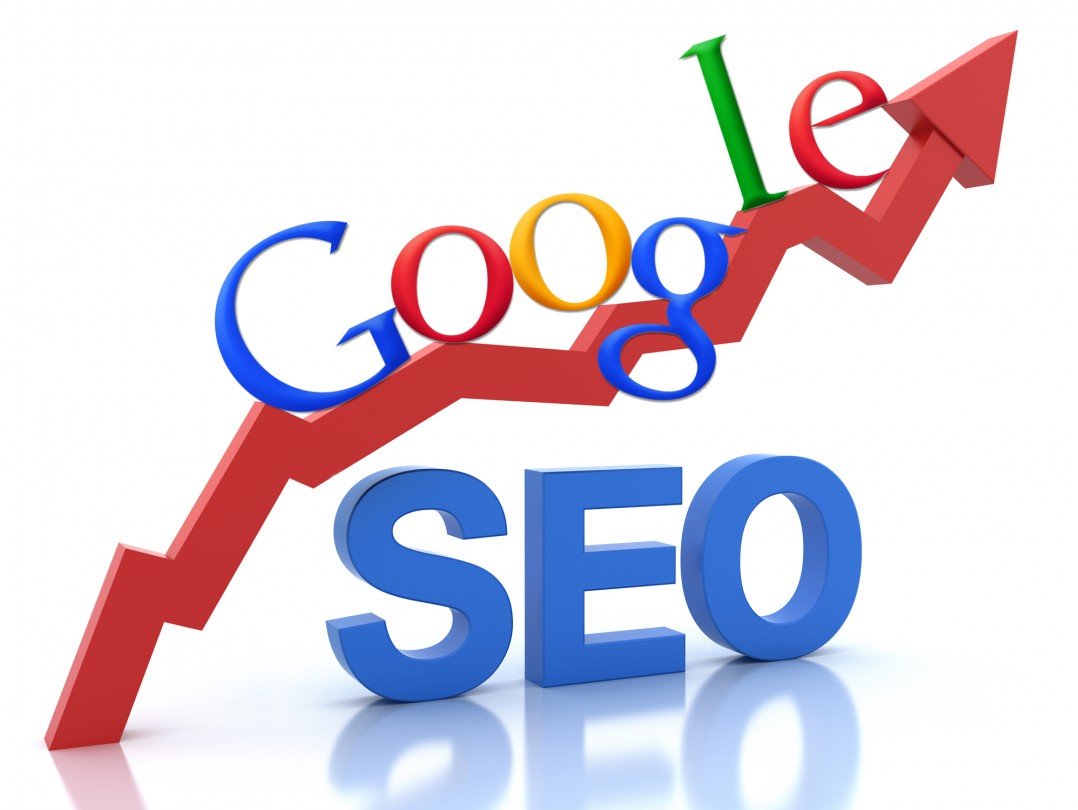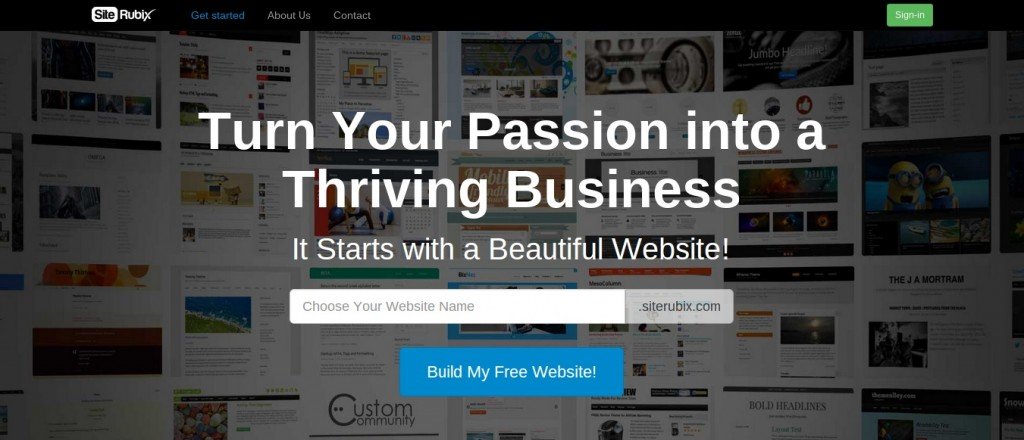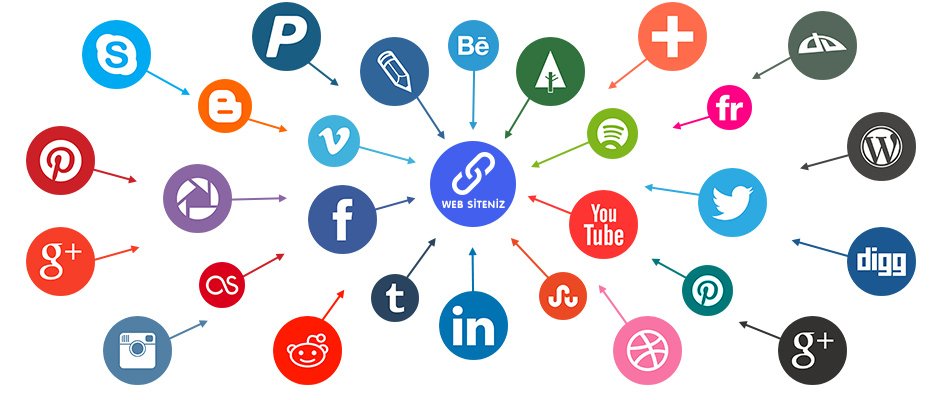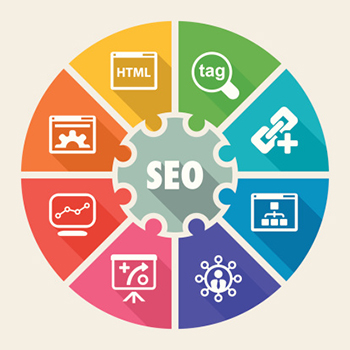The Truth of Google SEO - Myth & Fact
Google SEO theory? Myth / Fact?!
So far so good if you create your Affiliate Marketing website using the instructions provided by Wealthy Affiliate, but learn more about the truth of google SEO myth & fact might help you to become a better Affiliate. Sounds good enough?
CAREFUL : As some of the explanation inside may be too advance

Let's start reading . . .
(Note that the Facts will be put inside the Myth explanation)
Myth - Subdomain has lower SEO ranking
This information has roamed around the internet for quite some time and it does take its reputation to the Top, fortunately this is just a myth!!!
Before you get confused about 'what is a subdomain?
I will give you an excellent example:

www.siterubix.com = Domain / Primary Domain
yourwebsite.siterubix.com = SubDomain / Part of Primary Domain
Very easy to understand, right?
Now get back to the myth and fact about Google SEO theory, people often said that when you use a subdomain to create a website and index it on Google ranking, your web will be outranked by others which is using the primary domain.
That is a completely false statement of fact (and it has been clearly rebuked and disputed by Google). They don’t care if your content is placed in a subdomain or subfolder. There are no algorithmic differences to the search engines.
Put yourself in the search engine’s place and ask yourself what is the difference between a subdomain URL or a primary domain URL if:
- They use the same template
- They share navigation
- They are published by the same server over the same IP address
- They use the same publishing platform
- They use the same language
The most common reason why some subdomain blogs don’t perform as well as other primary domain blogs is because they screw up the navigation (SEO). This has nothing to do with the heuristics that search engines use to distinguish between subdomains and primary domain. This is all just a part of marketing so people that don't really understand about this will go and purchase a primary domain rather than using a free subdomain.
Let me show you some proves
If primary domain are really superior to rankings, why does “news.google.com” rank so well for “news”?
And what about “news.yahoo.com”? Why is that doing so well for a 1-word query like “news”?
“abcnews.go.com” anyone?
And dare we mention the fact that Wikipedia’s English-language content is all hosted on a SUBDOMAIN? How many queries do people wish Wikipedia didn’t rank for again? It even dominates “SEO”.
Anyone who tells you that a primary domain works better than a subdomain in search/ranking, does not fully understand about search engine optimization.
As far as the search engines are concerned, what works best is entirely depends on how you optimized your website.
I have also proven this myself
by creating a subdomain post that outrank my primary domain post. :D lol
Myth - More Backlinks for Better SEO

You have to realize that nowadays backlink is the same as two edges sword in SEO.
I'm not saying that this theory is 100% Myth, but more like there are too many false understanding about this theory.
First of all, you have to realize that Google can differentiate quality of a backlink
Typical backlink from others websites which is put in their post has higher quality than a backlink that you put in Social Media (e.g. Facebook / Twitter). While backlink from social media outperformed backlink from a website comment box. And many others...
Second to that, a huge number of backlink made and tested in a day can indicate a spam backlink which is also will be realized by Google (and this is the double edge sword I mentioned earlier). You should not exceed 3-5 backlinks per day.
Good link building is not dead but it has certainly been overshadowed by a lot of bad link building out there.
Remember that - The problem has always been with your implementation, not with the fact that you’re building links.
If you don’t have enough faith in yourself to learn how to build links the right way you still have the option of earning links. Links can be earned in all sorts of ways.
Myth : Readable URLs are Better for SEO than Unreadable URLs
Browse this query for “site:plus.google.com” and then tell me are those all human-readable URLs on the front-page? The answer is NO.
Is “bing-movies-205318” a human-readable URL? How about “google-birthday-event-172791”? Those are page URLs from Search Engine Land articles. I just don’t picture any humans reading “two zero five three one eight” out loud. But those Unreadable URLs still ranked #1 and unbeatable.
Here is a human-readable URL from CNN:
www.cnn.com/2015/02/23/middleeast/isis-crisis/
or You tell me: how easy to read THIS URL below out loud?
URL: finance.yahoo.com/q?s=GOOG
That’s a perfectly fine human-understandable sentence, is it not?
The problem with “human-readable URL” is that this is a nonsense-expression. At what point does a human become incapable of reading a URL? It may not be easy to remember a URL like “https://twitter.com/cemper/status/5572476292694097...” but I can sure understand it even though if you read it out loud it sounds like gibberish.
And the conclusion is :
Human readable URLs are used because it let users to memorize and access it easier, however robots.txt or any other Google tools doesn't give any discrimination for your page/post ranking based on that (robots/google is not human). So don't get the wrong idea.
Myth : Low Bounce Rate is Good for Ranking
Bounce rate is an Internet marketing term used in web traffic analysis. It represents the percentage of visitors who enter the site and then leave ("bounce") rather than continuing on to view other pages within the same site.
As for the myth, it came out of the desperation people experienced in the wake of the 2011 Google Panda algorithm. However, it just another misunderstanding and let me tell you why bounce rates don’t matter for search. Actually, you can’t even measure them properly and most people confuse the aggregate sitewide bounce rate for some sort of SEO metric (it’s not).
Search engines don’t know when or how people bounce from your site. They may see multiple clicks in a search results page (so-called “pogosticking”) but none of those clicks mean that the user is bouncing from site to site. A user may be looking at multiple listings and feeling perfectly satisfied with each page.
Worse yet, if you reduce your aggregate bounce rate from 80% to 40%, what should that translate into for sales, signups, and engagements? Should you see a corresponding increase or are people just reading more stuff on your site?
One of the most common reasons why people dig deeper into a Website is that they didn’t find everything they were looking for. Pay attention to your own clicking patterns when you visit a site where you are partially satisfied by what you find on the landing page but not completely so. Maybe you want pricing information that is only provided on a second page.
The fact you can trick people into clicking deeper into your site doesn’t mean a search engine algorithm will conclude that your site is creating a good user experience.
Matt Cutts has said time and again that Google doesn’t use Google Analytics data for its ranking algorithms; other Googlers have said as much, too. And yet the Web marketing community continues to mention bounce rate in nearly every discussion of lost rankings and search referral traffic as if it has any relevance or meaning in that context.
A low bounce rate could be an extremely bad user satisfaction signal and, quite frankly, you should be terrified of the day that search engines ever decide to use such a signal in their algorithms. You will NOT like the results at all.
You need a solid business reason to carve out a low bounce rate across your site. Your misconceptions about search algorithms is NOT a solid business reason. Low bounce rates should correspond with positive user engagement and/or conversions. If they don’t then the chances are good that you are creating a bad user experience.
Stop leading people on. Give them what they want. Don’t break up your content as a strategy to lower your bounce rate. Low bounce rates have no impact on search results, trust, rankings, indexing, crawling, or anything on the search engine side.
Myth : You Have to Pay Attention on Google Analytics Data to Maintain Your Website Ranking
If you have read the posting above, you will realize that I mentioned "Matt Cutts has said time and again that Google doesn’t use Google Analytics data for its ranking algorithms". And for you who haven't realize who is Matthew Cutts - he is the former head of web spam team at Google which is very famous for his top notch knowledge of SEO.
 Matthew Cutts
Matthew Cutts
And since the pro himself has said that, I don't think I need to explain or prove this myth anymore. Or is there any of you that still want to argue with Matthew Cutts statement? :>
LOL
So what is the point of having Google Analytics?
Well, you have to realize from its name, it's to analyze - by the mean of analyze, is for you to analyze your website performance or traffic. NOT for Google to analyze and rank your website (this is totally different).
Myth : Tag is Not Important for SEO

Honestly, everytime I read people mentioned this or think about 'tag' this way.
I start having a headache. #sigh
Seriously guys, 'tag' is one of the most important thing you have to use in order to optimized your website page / post.
Let me tell you Why it is important by giving an easy example:
I create a post with title as below
"How to Make Money Using a Website"
If I'm not using any 'tag' at all, then most likely people will only find my page / post when they put the exact same keywords as above. While actually, there are so many people out there looking for the same thing, but simply can't think of this sentence. Rather, they think of words or phrase such as Affiliate Marketing, Earn Money Using Website, etc...
That means you are indirectly throwing your traffics by not using 'tags', correct?
If you have understand about this, by any means, please try to use 'tags' in your optimization plugin from now on.
More information on how to create tags will be given later on.
THE END . . . (for now)
Hi there,
Congratulations on your effort to read this Blog
"The Truth of Google SEO - Myth & Fact"
I know that there are so many myths that I haven't discuss in this blog.So if you find or have any interest in revealing any other SEO theory, just mention it in the comment box below and I will try to update this Blog as soon as possible
Please give this Blog a "like" if you find it useful or interesting
Best Regard,
Hanson
Join FREE & Launch Your Business!
Exclusive Bonus - Offer Ends at Midnight Today
00
Hours
:
00
Minutes
:
00
Seconds
2,000 AI Credits Worth $10 USD
Build a Logo + Website That Attracts Customers
400 Credits
Discover Hot Niches with AI Market Research
100 Credits
Create SEO Content That Ranks & Converts
800 Credits
Find Affiliate Offers Up to $500/Sale
10 Credits
Access a Community of 2.9M+ Members
Recent Comments
11
I have learnt quite a lot, though for me I still have to get done with my tutorials to understand more of what you have expounded...Thank you for the prior warning that it is too advenced for some readers,...it is for me!
Thanks, Hansen. A little beyond me at the moment--I'll add it to my growing 'To be read again after I finish the tutorials' list :)
Thanks for this post, I found it very interesting and yes you blew some of the theories I have heard right out of the water. I will be back to read more and yes I want to know about tags, because I heard that they are completely useless and a waste of time.
So.... get writing my friend, I want to hear your explanation of tags!
Hi Hanson, really enjoyed this post, and definitely learned a lot. Liked how you busted the myth about bounce rates, and your emphasis on the importance of tags. I do put them on each post, but I'm going to spend more time choosing them carefully.
Hooray, Hanson...great reading...giving you a 100% likes with my two thumbs up. Valuable blog!
Interesting, I thought the opposite to all of these except the tags part. Thanks for enlightening me on this Hansen :)
See more comments
Join FREE & Launch Your Business!
Exclusive Bonus - Offer Ends at Midnight Today
00
Hours
:
00
Minutes
:
00
Seconds
2,000 AI Credits Worth $10 USD
Build a Logo + Website That Attracts Customers
400 Credits
Discover Hot Niches with AI Market Research
100 Credits
Create SEO Content That Ranks & Converts
800 Credits
Find Affiliate Offers Up to $500/Sale
10 Credits
Access a Community of 2.9M+ Members
Great post. What amazes me at WA is that when I start wondering about things I should or should not do to my site, BOOM, there is another training, blog or advice telling me what I should do.
Thank you so much for this information and taking away my confusions about SEO. Will look forward to reading the sequel to this blog.
Cheers
Yared.